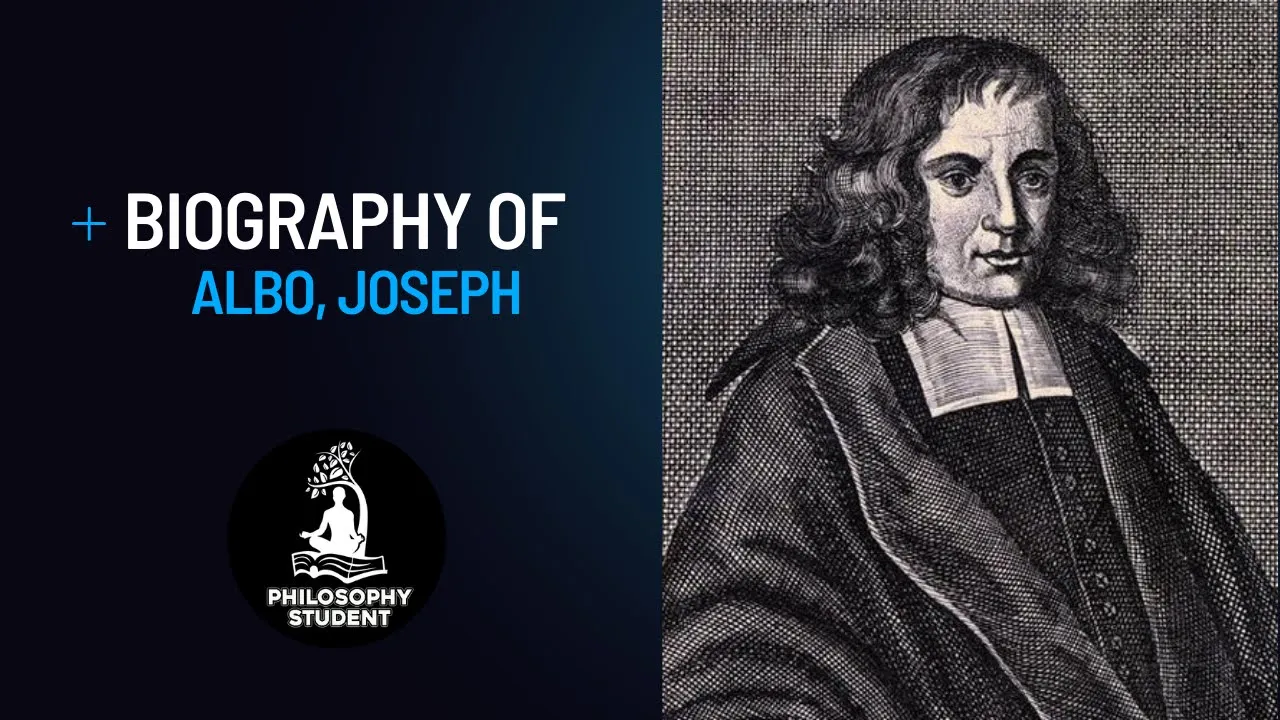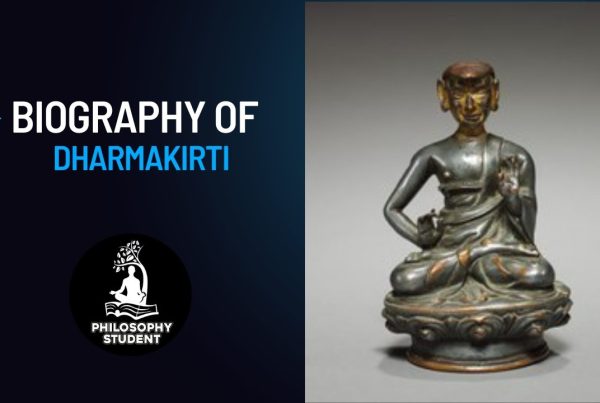A Jewish philosopher active in Christian Spain during the first half of the fifteenth century, Joseph Albo wrote Sefer ha-‘Ikkarim (Book of Principles), which was completed in 1425. Although he discusses a range of theological and philosophical issues, employing a disciplined hermeneutical approach that combines logic and exegesis, it is his theory of principles that constitutes his major contribution to philosophy. Albo presents the necessary and fundamental beliefs that must be upheld for principles of faith to rightly belong to a system of “divine law.”
The fundamental principles are belief in the existence of God, belief in the revelation of God, and belief in divine justice. From these three fundamentals, Albo postulates that a true religion must encompass eight derivative principles, or roots. From the existence of God, belief in God’s unity, incorporeality, timelessness, and perfection are derived. From the revelation of God, there follow belief in God’s prophecy and God’s authentication as a prophet. Finally, from divine justice come derivative belief in God’s omniscience and in the concept of divinely ordained reward and punishment.
Six secondary principles also relate to, but are not derived from, the fundamental and the derivative principles. These are likened to branches of a tree and consist of the following beliefs: creation from nothing, the unique greatness of Mosaic prophecy, the eternity of the Torah, the doctrine that the performance of even a single mitzvah (righteous act) entitles one to enter the World to Come, resurrection, and the Messiah.
As widely recognized and influential as Sefer ha-‘Ikkarim was in its time, little is known of Albo’s life. He was born in Aragon about 1380 and died in Castile about 1444. He studied in the school of Hasdai Crescas in Saragossa and, during 1413–1414, was instrumental in the “Disputation at Tortosa,” a forced debate between Christians and Jews ordered by the crown of Aragon. Albo represented the Jewish community of Daroca, Aragon. The so-called disputation was, in fact, a ploy to force the conversion of the Jews, and the unconverted Jews in Daroca were expelled in 1415. Albo moved to Soria in Castile. There he earned some renown as a preacher and a physician and was fluent in Spanish, Latin, and Hebrew, in which he composed Sefer ha-‘Ikkarim.




































